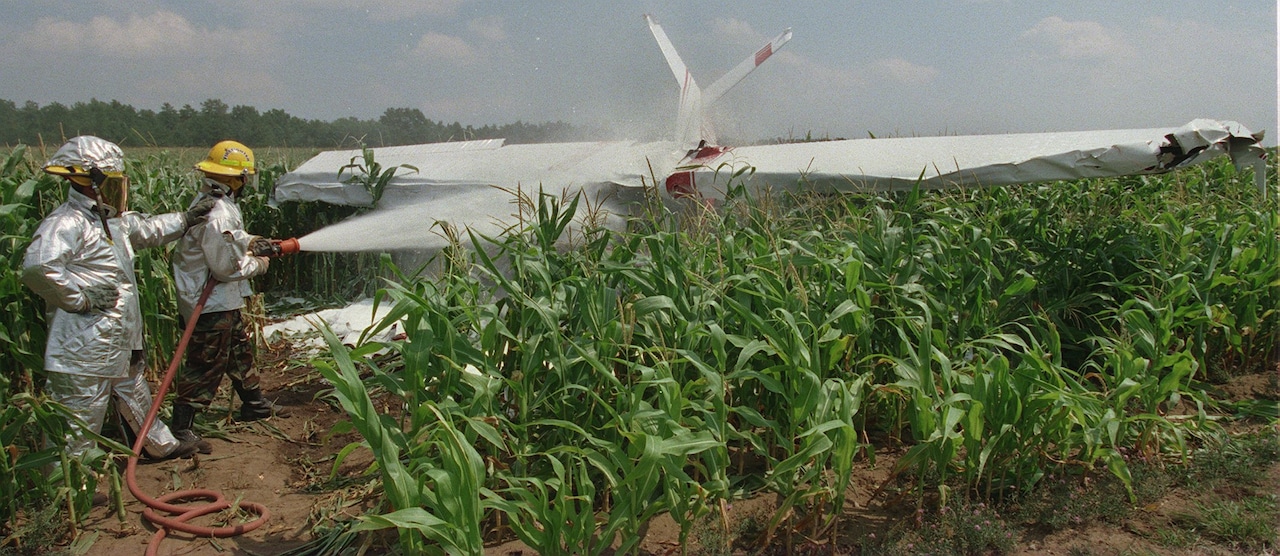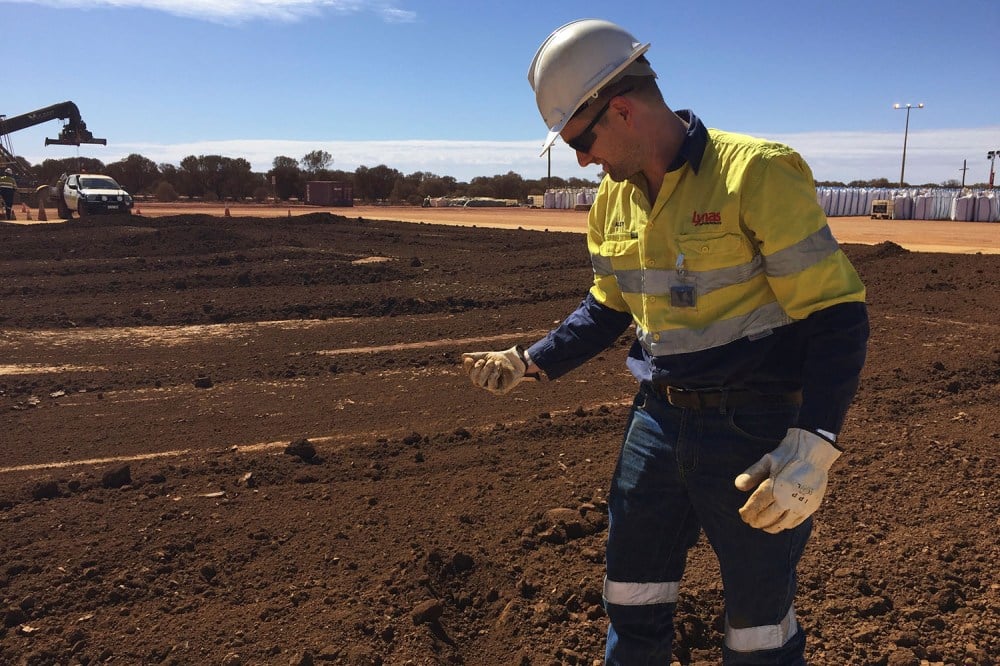Copyright MassLive

WESTFIELD — The federal government’s estimated completion date for the cleanup of “forever chemicals” at Barnes Air National Guard Base has been delayed, along with similar projects at military sites across the country. As of last fall, an investigation and feasibility study at Barnes was slated to be done by 2028. This spring, the Department of Defense quietly updated PFAS cleanup timelines at more than 100 military sites and pushed them back. The new study completion time frame for Barnes is 2034, and the remediation timeline at Westover Air Reserve Base in Chicopee was pushed back by several years. The delays at sites across the country seemed to fly under the radar for the public until The New York Times reported on it last month. Spokespeople at Westover and Barnes were not available for comment because of the government shutdown. Per- and polyfluoroalkyl substances, PFAS, are a group of thousands of chemicals that can be found in a variety of products. They don’t easily break down in the body or the environment. Growing evidence shows they can be harmful to human health. In the 1970s, the Air Force started using firefighting foam that contained PFAS, including at Barnes Air National Guard Base and Westover Air Reserve Base, fouling the environment. A “plume” of PFAS is contaminating the aquifer underneath Barnes. The issue surfaced to the public in 2016 when regulations changed and levels of PFAS found in some of the city’s wells years earlier exceeded new federal limits; the city notified residents. City drinking is now filtered for PFAS. Kristen Mello is a Westfield city councilor and member of the Restoration Advisory Board, a public body that involves the community in cleanup efforts at the base. She was surprised to recently learn about the project’s date change from a reporter, not the board or Department of Defense. “That’s a shocking change to have no conversations about,” she said. At the same time, Mello, who is a chemist, said that cleaning up PFAS is a massive project. “Honestly it’s a more realistic deadline,” she said of the updated timeline. “To think they’d have a feasibility study ended by 2028 is a fantasy, it’s a delusion.” At Barnes, fieldwork was slated to start in August, Amanda Martin, project manager and technical lead for the U.S. Army Corps of Engineers, told the board at its last meeting in July. That includes sampling soil and sediment and monitoring groundwater. Mello had hoped to talk about the completion date change at a quarterly board meeting Thursday, but that session was postponed because of the government shutdown, emails to its members confirm. Delay ‘unacceptable’ Legislators are also trying to get more information about the timeline changes. The delay is “unacceptable,” several dozen U.S. representatives wrote in a letter Wednesday to U.S. Secretary of Defense Pete Hegseth. The letter — signed by U.S. Reps. Richard Neal, D-Springfield, and Jim McGovern, D-Worcester — demands more answers about the decision. “This serious and widespread PFAS contamination requires timely cleanup and adequate resources,” they write. That followed a similar letter sent last month by U.S. Sens. Ed Markey and Elizabeth Warren. “We urge the DOD to reverse its decision and restore the original remediation timetable,” they wrote, “so our military families and neighbors will not have to worry about what additional years of exposure to PFAS will mean for their health.” Mello is particularly concerned about the health impacts of PFAS exposure. Those who drank the water before it was filtered for PFAS had levels of PFAS in their blood multiple times higher than the national average, according to an analysis from the Centers for Disease Control and Prevention and the Agency for Toxic Substances and Disease Registry. “While it’s aggravating,” Mello said of the timeline change, “it’s not as important as the fact that we don’t know what’s happened to us.”



